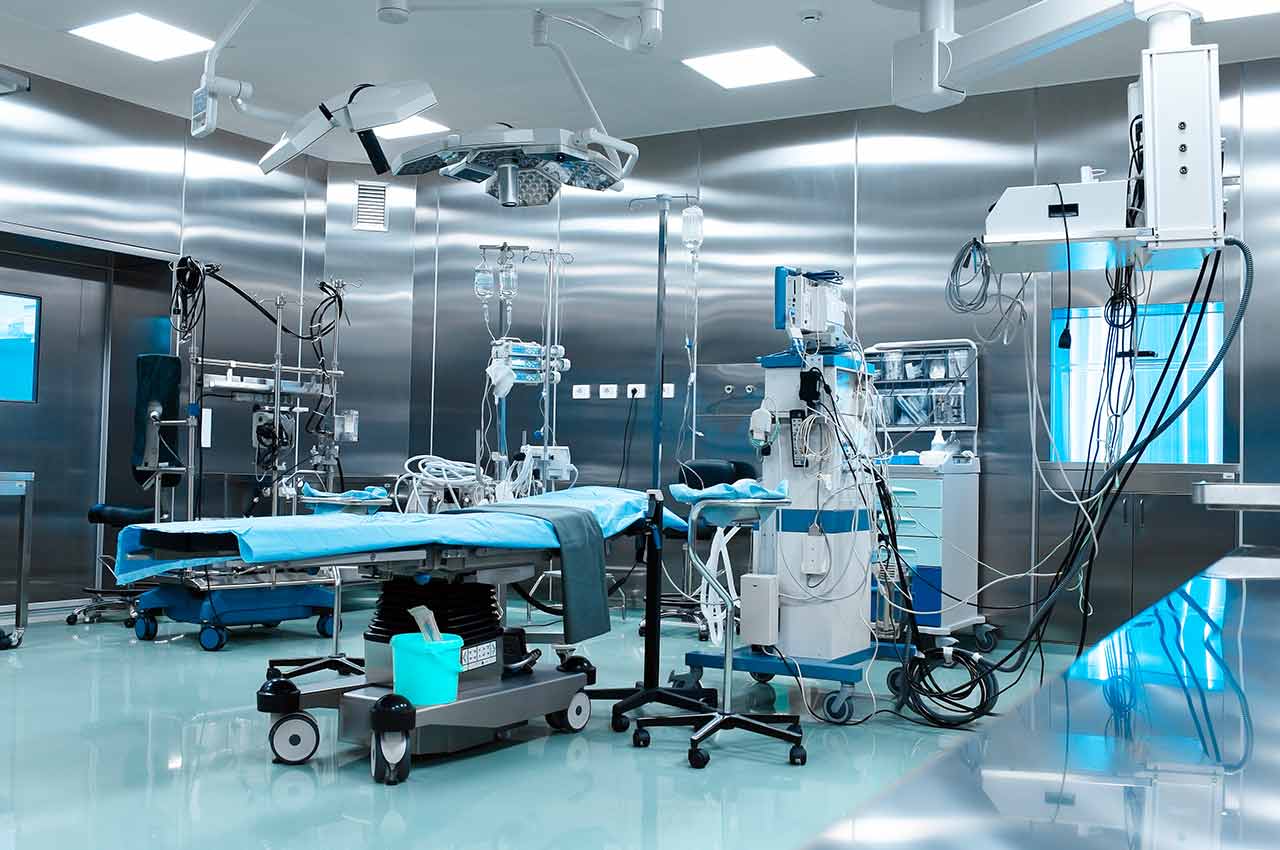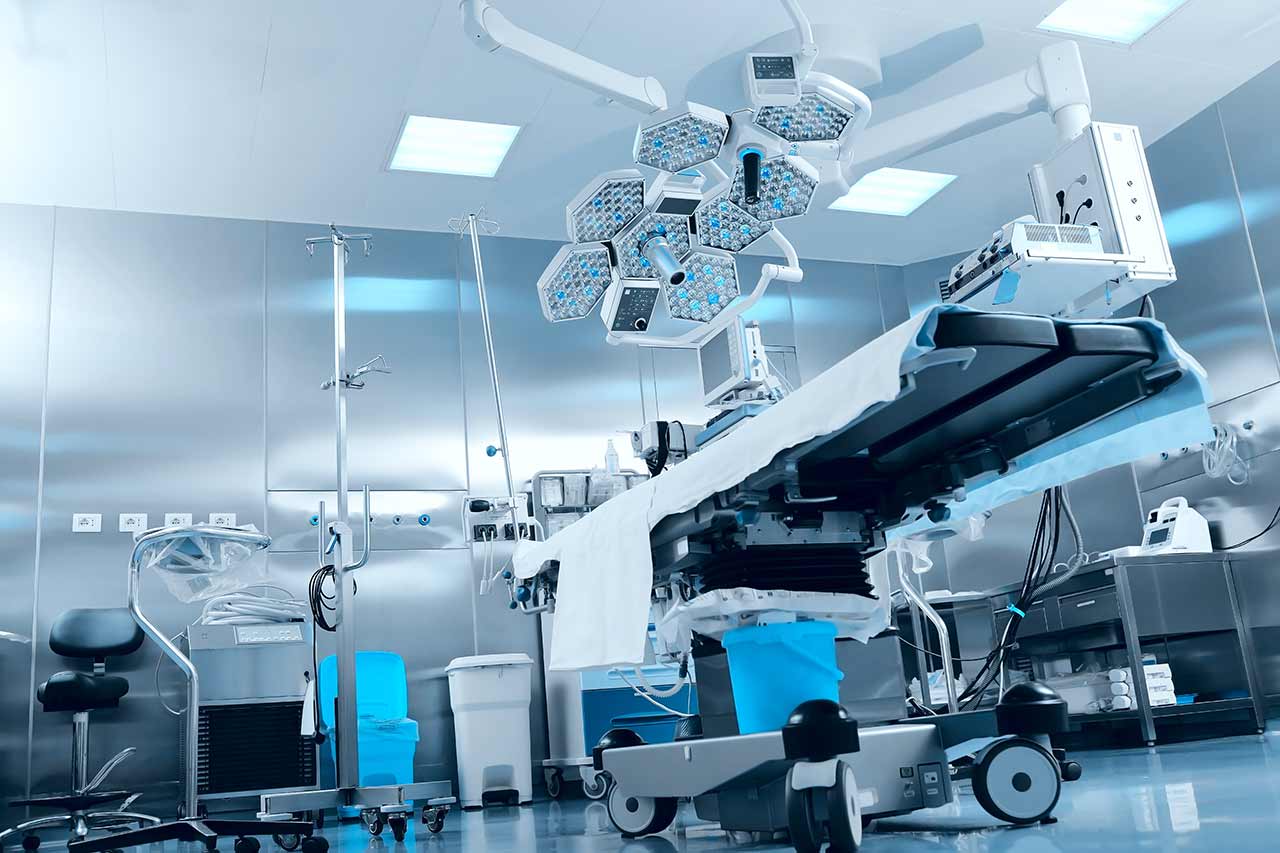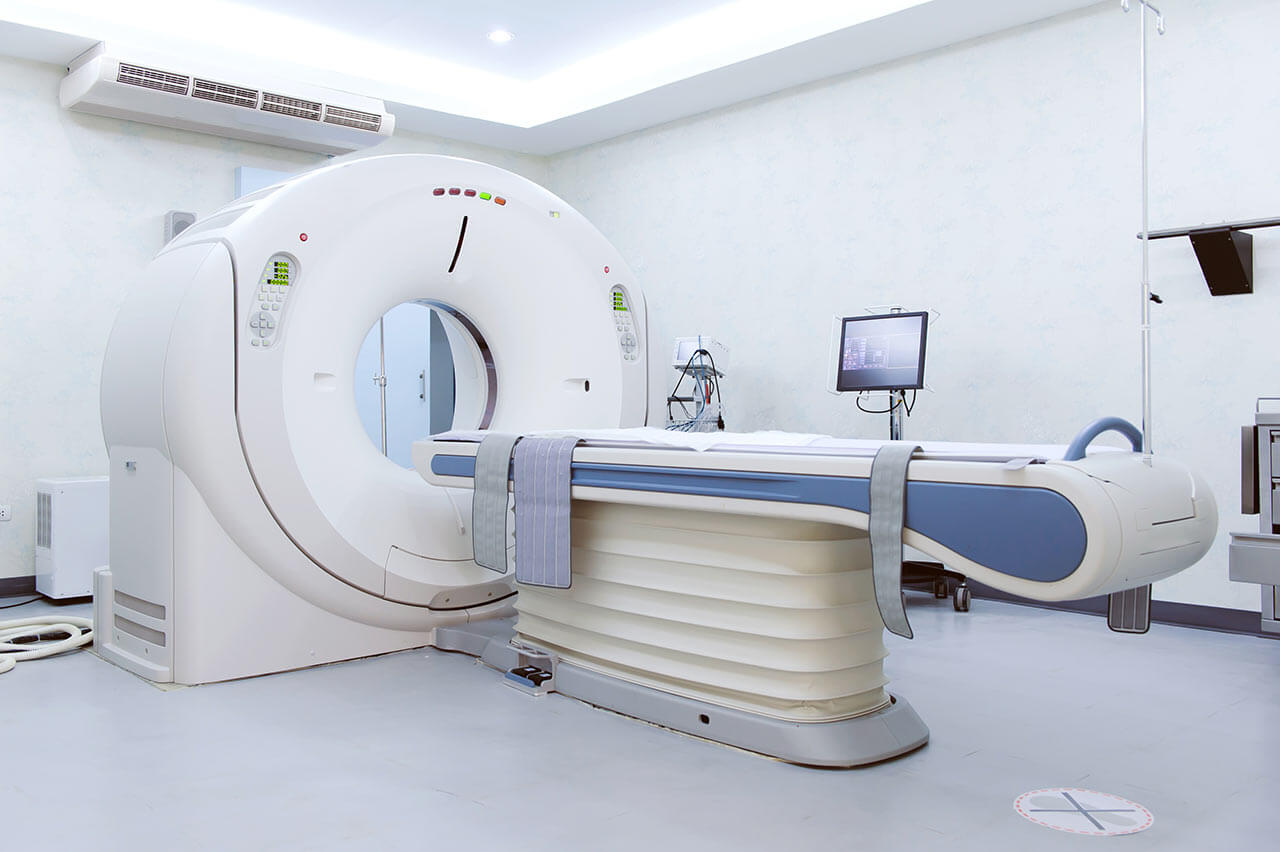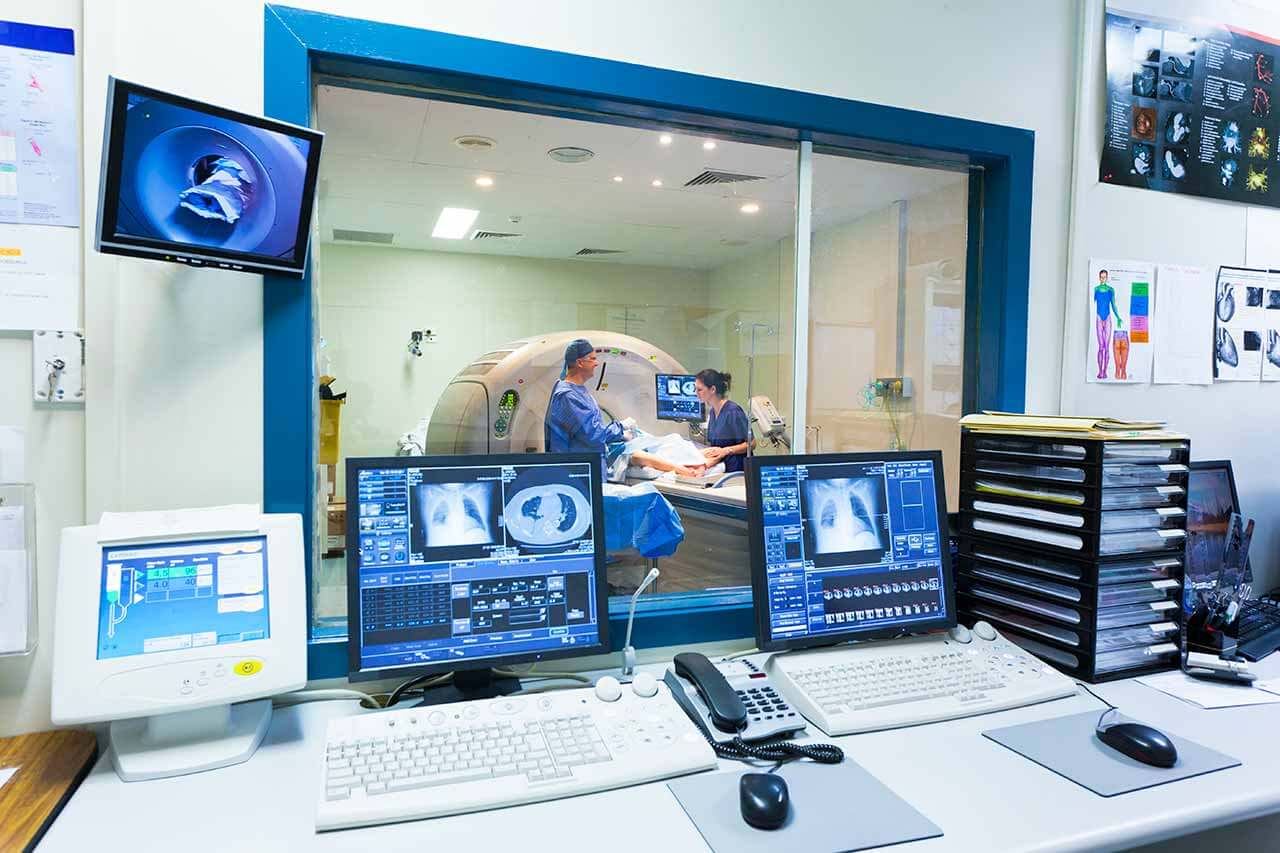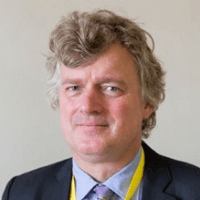
The program includes:
- Initial presentation in the clinic
- clinical history taking
- physical examination
- laboratory tests:
- complete blood count
- general urine analysis
- biochemical analysis of blood
- TSH-basal, fT3, fT4
- tumor markers
- indicators blood coagulation
- CT / MRI of the abdomen
- abdominal ultrasound
- preoperative care
- surgery treatment of testicular embryonal carcinoma
- histologically and immunohistochemically examination
of the remote tissues - symptomatic treatment
- control examinations
- the cost of essential medicines and materials
- nursing services
- full hospital accommodation
- explanation of future recommendations
Required documents
- Medical records
- MRI/CT scan (not older than 3 months)
- Biopsy results (if available)
Service
You may also book:
 BookingHealth Price from:
BookingHealth Price from:
About the department
The Department of Pediatric Surgery and Pediatric Urology at the University Hospital Frankfurt am Main offers the full range of surgical treatment of various diseases in children and adolescents, as well as urological problems in boys. The Chief Physician of the department is Prof. Dr. med. Udo Rolle.
The department provides its first-class services to newborns, infants, young children and adolescents under the age of 18 years. Of particular interest are the correction of congenital malformations, treatment of surgical abdominal diseases, surgical interventions on the urogenital system in boys, as well as surgical oncology. The department’s doctors have exceptional competence in the treatment of hemangiomas and vascular malformations.
The department has a large, state-of-the-art operating room equipped with innovative devices for both classic open and sparing minimally invasive interventions. Many operations are performed on an outpatient basis, so the child can return home immediately after the intervention. In addition, the cutting-edge laser technology is available in the department. In particularly complex cases, the specialists from the Department of Pediatric and Adolescent Medicine, the Department of Pediatric Radiology, Anesthesiology are involved in the treatment process.
The service range of the department includes:
- Surgical correction of congenital malformations
- Head and neck malformations
- Medial neck cyst
- Lateral neck cyst
- Ankyloglossia
- Malformations of the gastrointestinal tract
- Esophageal atresia
- Duodenal atresia
- Small intestinal atresia
- Anorectal malformations/anal atresia
- Hirschsprung's disease
- Intestinal malrotation
- Gastrointestinal tract doubling (duplication)
- Abdominal wall defects and diaphragmatic malformations
- Gastroschisis
- Omphalocele
- Diaphragmatic hernia, diaphragmatic dystonia
- Malformations of the lungs
- Pulmonary sequestration
- Cystic adenomatoid malformation of the lung
- Congenital lobar emphysema
- Malformations of blood vessels
- Hemangiomas
- Lymphangiomas
- Arteriovenous malformations
- Malformations of the kidneys, bladder and reproductive organs
- Duplex kidney
- Solitary kidney
- Horseshoe kidney
- Nonfunctioning kidney
- Ureteral stenosis, hydronephrosis
- Vesicoureteral reflux
- Obstructive megaureter
- Ureterocele
- Urethral valves
- Persistent urachus
- Hypospadias
- Intersex reproductive organs
- Retentio testis, cryptorchidism
- Ovarian cysts
- Labial fusion
- Urogenital sinus
- Uterine malformation
- Head and neck malformations
- Surgical interventions in the head and neck
- Dermoid cyst
- Ankyloglossia
- Facial hemangiomas
- Medial neck cyst
- Lateral neck cyst
- Swollen lymph nodes
- Neck abscesses
- Thyroid diseases
- Thoracic surgery
- Lung diseases
- Lung cysts
- Congenital pulmonary sequestration
- Cystic adenomatoid lung disease
- Congenital lobar emphysema
- Recurrent pneumothorax
- Lung cancer
- Lung metastases
- Severe infections, including with abscessation
- Mediastinal diseases
- Mediastinal tumors
- Esophageal diseases
- Esophageal atresia
- Esophageal fistula
- Stricture, esophageal stenosis
- Esophageal burn
- Esophageal achalasia
- Lung diseases
- Abdominal surgery
- Stomach diseases
- Gastroesophageal reflux disease
- Hypertrophic pyloric stenosis
- Bowel disease
- Mechanical bowel obstruction
- Paralytic bowel obstruction
- Intestinal perforation, intestinal injuries
- Peritonitis
- Intestinal atresia
- Intestinal rotation and fixation violations
- Intestinal doubling
- Intestinal obstruction
- Necrotizing enterocolitis
- Appendicitis, including perforated appendicitis
- Meckel's diverticulum
- Meconium ileus
- Hirschsprung's disease
- Intestinal neuronal dysplasia
- Rectal prolapse
- Bleeding in the digestive tract
- Gastrointestinal tract polyps
- Ulcerative colitis
- Crohn's disease
- Constipation
- Fecal incontinence
- Short bowel syndrome
- Liver and gallbladder diseases
- Liver cysts (including liver hydatid cyst)
- Liver rupture, traumatic liver injury
- Biliary atresia
- Choledochal cysts
- Gallstone disease, cholecystitis
- Pancreatic diseases
- Pancreatitis
- Pancreatic pseudocysts
- Pancreas malformations
- Spleen diseases
- Spleen cysts
- Splenic rupture, splenic trauma
- Splenomegaly
- Diaphragm diseases
- Diaphragmatic hernia
- Diaphragmatic dystonia
- Hernias
- Umbilical hernia
- Epigastric hernia
- Inguinal hernia
- Hydrocele
- Incisional hernia
- Stomach diseases
- Pediatric urology
- Diseases of the upper urinary tract (kidneys and ureters)
- Kidney duplication
- Solitary kidney
- Horseshoe kidney
- Nonfunctioning kidney
- Ureteral stenosis, hydronephrosis
- Kidney rupture, kidney injuries
- Vesicoureteral reflux
- Obstructive megaureter
- Ureterocele
- Ureteral rupture, ureteral injuries
- Diseases of the lower urinary tract (bladder and urethra)
- Bladder diverticula
- Bladder stones
- Bladder neck stenosis and contracture
- Bladder exstrophy
- Bladder rupture, bladder injuries
- Urethral valves
- Persistent urachus
- Bladder and kidney infections
- Diseases of the reproductive system in boys
- Hypospadias
- Retentio testis, undescended testicles, cryptorchidism
- Testicular torsion
- Orchitis and epididymitis
- Balanitis
- Phimosis
- Hydrocele
- Diseases of the reproductive system in girls
- Ovarian cysts
- Labial fusion
- Genitourinary sinus
- Uterine malformations
- Urological tumors in children
- Wilms' tumor
- Testicular tumors
- Rhabdomyosarcoma
- Functional disorders
- Enuresis
- Urinary incontinence
- Neurogenic bladder
- Diseases of the upper urinary tract (kidneys and ureters)
- Surgical treatment of abdominal cancers in children
- Wilms' tumor
- Testicular tumors
- Rhabdomyosarcoma
- Hepatocellular carcinoma
- Lung tumors
- Neuroblastoma
- Ewing's sarcoma
- Lymphomas
- Outpatient pediatric surgery
- Hernia repair
- Phimosis surgery, circumcision, foreskin plastic surgery
- Correction of short lingual frenulum
- Removal of dermoid cysts, nevi (birthmarks), small skin tumors
- Other medical services
Curriculum vitae
Education
- 1986 - 1992 Study of Medicine at the University of Leipzig.
Professional Career
- 1993 - 1999 Resident, Department of Pediatric Surgery, University Hospital Leipzig.
- 2000 - 2001 Researcher, Children's Research Centre, University College of Dublin, Our Lady's Hospital for Sick Children, Dublin, Ireland.
- 2003 - 2003 Resident, Our Lady's Hospital for Sick Children, Dublin, Ireland.
- Since 2008 Head of the Department of Pediatric Surgery and Pediatric Urology at the University Hospital Frankfurt am Main.
Specialization
- Anatomy and Morphology (Institute of Anatomy, 1993).
- Human Anatomy – Digestive System (Institute of Anatomy, 1993).
- Pediatric Surgery (Medical Association of Saxonia, 1999).
- Pediatric Urology (Medical Association of Saxonia, 1999).
Scientific Titles and Degrees
- 1994 Doctor of Medicine. Dissertation title: "Histological, immunohistochemical and polarisation-microscopical investigations of the collagen types within the anular radial ligament in children" (Mentor: Gerald Leutert)
- 2003 PhD thesis in Medicine. Dissertation title: "Histological, histochemical and immunohistochemical investigation of the innervation of the upper urinary tract in different animal models and human" (Mentor: Udo Rolle).
Membership in Scientific Societies
- Since 2002 British Association for Pediatric Surgery.
- Since 1998 German Society of Pediatric Surgery (Board Member of the Regional Organization (since 2007)).
- Since 2003 European Pediatric Surgical Association (Member of the Main Council).
- Since 2003 European Pediatric Surgeon Association.
- Since 2001 European Society of Pediatric Urology.
- Since 2006 International Children’s Continence Society.
- Since 2004 International Society for Autonomic Neuroscience.
- Since 2000 Society for Research into Hydrocephalus and Spina Bifida.
Editorial Board Membership
- Pediatric Surgery International (Member of the Editorial Board, 2006).
Reviewer Activities
- 2011 Histology and Histopathology.
- 2011 Neonatology.
- 2011 European Journal of Pediatric Surgery.
- 2010 Journal of Medical Case Reports.
- 2009 Clinical Infectious Diseases.
- 2008 World Journal of Surgery.
- 2008 Medical Science Monitor.
- 2005 Journal of Pediatric Surgery.
- 2005 Journal of Pediatric Gastroenterology and Nutrition.
- 2004 Pediatric Surgery International.
Scientific Awards
- 2008 Prize from the American Academy of Pediatrics.
- 2004 Prize from the World Congress of Pediatric Surgery.
- 2002 Prize from the University of Greifswald.
Photo of the doctor: (c) Universitätsklinikum Frankfurt
About hospital
According to the reputable Focus magazine, the University Hospital Frankfurt am Main ranks among the top German medical facilities!
The hospital was founded in 1914 and today is a well-known German medical facility, which combines rich traditions and scientific innovations. A medical team of more than 6,500 employees cares about the health of patients around the clock, ensuring them with the highest standards of medical care and best possible safety.
The hospital has 32 specialized departments and more than 20 research institutes, which have all the necessary resources for the provision of the most effective care for any patient. The hospital has 1,488 beds for inpatient medical care. The medical facility diagnoses and treats more than 51,000 inpatients and about 44,800 outpatients every year. Due to the demonstration of outstanding treatment results, the number of patients seeking medical care here increases significantly annually.
The hospital presents all areas of modern medicine, whereas its special competence lies in neuroscience, oncology, cardiovascular medicine, cardiac surgery and other fields. Many treatment methods available here are unique not only in Europe, but also internationally.
Photo: (c) depositphotos
Accommodation in hospital
Patients rooms
The patients of the University Hospital Frankfurt am Main live in comfortable rooms made in modern design and meeting the highest standards of European medicine. Each room is equipped with an ensuite bathroom with a toilet and a shower. The standard room includes a comfortable, automatically adjustable bed, a bedside table, a wardrobe, a table and chairs for receiving visitors and a TV. If desired, patients can use Wi-Fi. The patients can also stay in the enhanced-comfort rooms.
Meals and Menus
The patient and his accompanying person have a daily choice of three menus. If for any reason you do not eat all the food, you will be offered an individual menu. Please inform the medical staff about your dietary preferences prior to the treatment.
Further details
Standard rooms include:
Religion
Religious services are available upon request.
Accompanying person
During the inpatient program, an accompanying person may stay with you in a patient room or in a hotel of your choice.
Hotel
During the outpatient program, you may stay in a hotel of your choice. Managers will help you choose the most suitable options.
